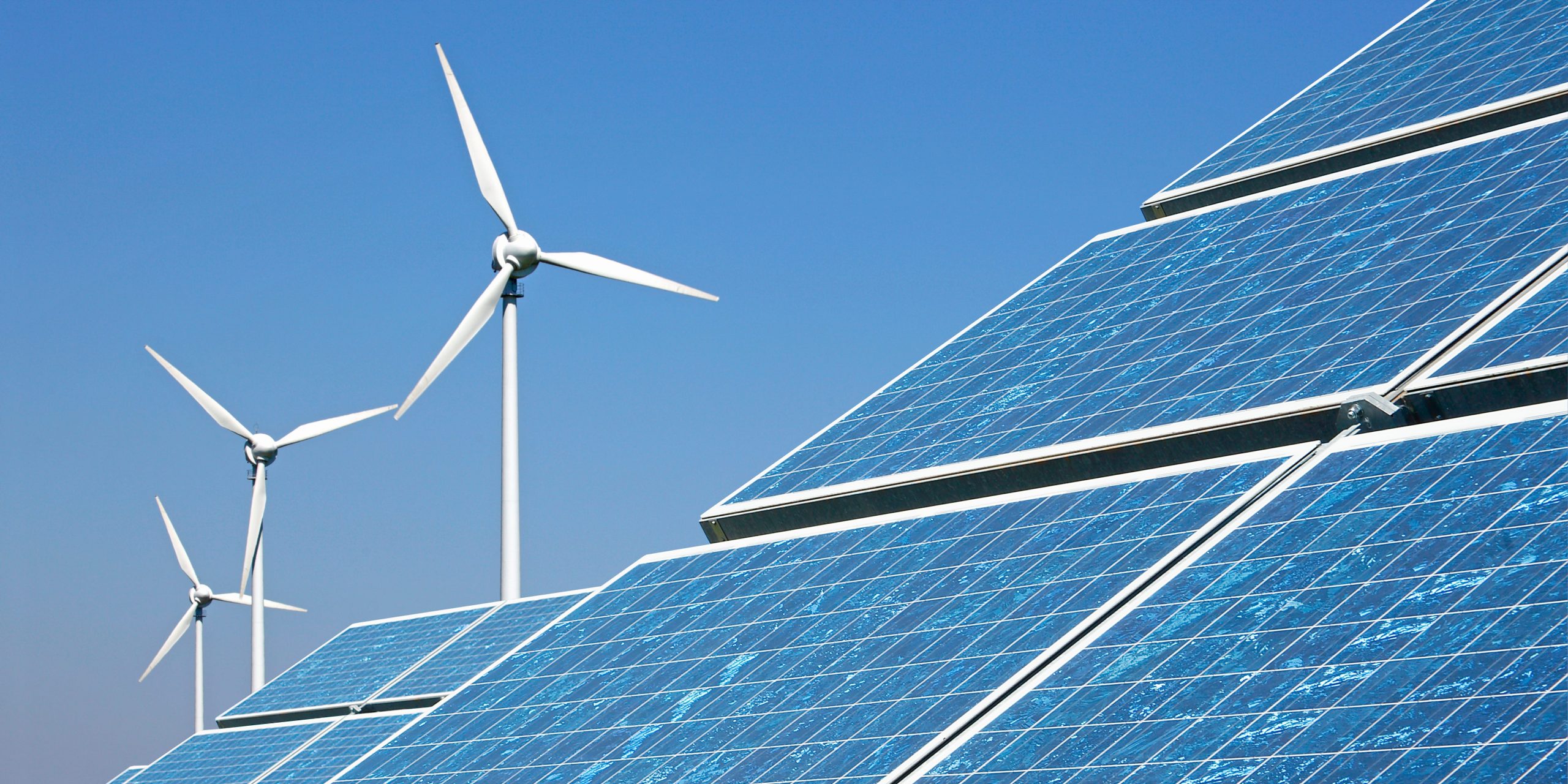
P. Steeger/Getty Images
- Companies have issued $240 billion of debt with incentives linked to environmental and social goals over the past year.
- Anheuser-Busch InBev launched a $10.1 billion revolving credit facility tied to environmental targets.
- Gerardo Chiaia, the CEO of Portugese platics company Logoplaste, says this type of loan will become "part of the license to operate."
- Sign up here for our daily newsletter, 10 Things Before the Opening Bell.
Over the past year companies like Anheuser-Busch InBev and BlackRock have taken a greater interest in a new type of debt that uses self-made targets for environmental, social, and governance (ESG) progress to incentivize or punish borrowers.
Accroding to the Wall Street Journal, companies have issued nearly $240 billion of debt since last summer linked to ESG goals such as cutting carbon emissions or getting more women on boards.
This carrot or stick approach to lending gives companies the opportunity to reduce their interest rate burdens for meeting specific targets, while also incentivizing ESG investment.
BlackRock recently arranged a $4.4 billion loan linked to racial diversity, women in leadership, and sustainable assets under management, per Bloomberg.
Anheuser-Busch InBev also took a step into ESG lending when it signed a $10.1 billion "Sustainability Linked Loan Revolving Credit Facility."
The brewing company's loan "incorporates a pricing mechanism that incentivizes improvement" in key ESG areas like improving water usage efficiency, increasing recycled material use, using renewable energy, and reducing overall emissions, according to a press release from the company.
Anheuser-Busch says this is the "first syndicated facility of its kind among publicly listed companies in the alcohol beverage sector."
The penalties and benefits attached to bonds or revolving credit facilities like the above can be as little as %0.025 of annual interest for each target.
However, so-called "green" bonds often come with lower interest rates, because they can more readily attract investors who care about the causes being targeted.
Gerardo Chiaia, the CEO of the Portuguese plastics Logoplaste, told the Wall Street Journal that he believes ESG-linked loans will "become part of the license to operate" in the future.
"It is putting your money where your mouth is," Chaia added.
The rise of ESG variable interest rate loans based on self-made targets comes amid a boom for green, social, sustainability, and sustainability-linked (GSSS) bonds as well.
Unlike ESG-linked loans that have variable interest rates based on self-made ESG targets, GSSS loans are funds that are specifically earmarked for green initiatives.
According to data from the Environmental Finance Bond Database, total GSSS bond issuance topped $600 billion in 2020, nearly double the $326 billion that was issued in 2019.
With the combination of rising GSSS and ESG-linked bonds, it seems companies are moving to address current environmental and social issues before governments begin forcing their hands.
